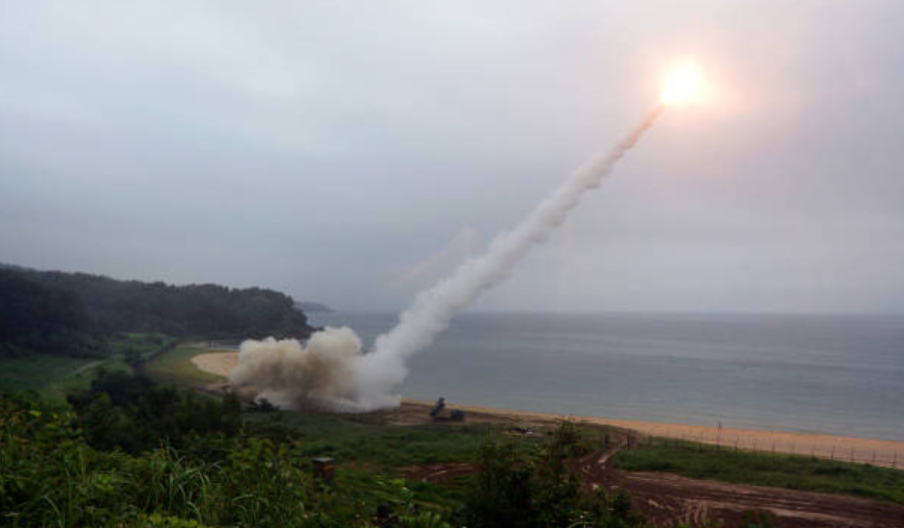As South Korea and the United States prepare for important elections, North Korea launched its first missile launch of the year on Sunday, escalating tensions in the area.
The ballistic missile was fired towards the sea from North Korea’s east coast, according to South Korea’s Joint Chiefs of Staff, offering limited details on the launch’s specifics.
Japan’s Defense Ministry also reported a potential ballistic missile launch, with the suspected projectile likely landing in the ocean, as stated by the Japan Coast Guard.
This marks North Korea’s initial missile launch in 2024, following the test-firing of the Hwasong-18 solid-fueled intercontinental ballistic missile on December 18, 2023 a weapon designed to target the US mainland.
Recent days have witnessed an escalation in North Korea’s belligerent rhetoric against its adversaries. Leader Kim Jong Un, during visits to munitions factories, labeled South Korea as the principal enemy and threatened annihilation if provoked.
North Korea’s Aggressive Stance

Amidst increased military activity, including as artillery shell firings close to the disputed western sea boundary with South Korea, this assertive posture is being taken.
Analysts anticipate that Kim will further raise tensions by conducting additional missile tests and potentially launching limited physical attacks on South Korea.
The goal is to influence the outcomes of South Korea’s parliamentary elections in April and the US presidential election in November. Kim is speculated to favor South Korean liberals pursuing rapprochement and hopes for the return of former US President Donald Trump to secure potential concessions, such as sanctions relief. (louisvilleroofing.com)
In a key ruling party meeting in late December, Kim asserted plans to expand the North’s nuclear arsenal and launch more spy satellites to counter perceived confrontational moves led by the US.
These developments highlight the volatile situation in the region and the geopolitical strategies at play, with North Korea’s actions poised to impact both regional elections and international relations.


Comments are closed.